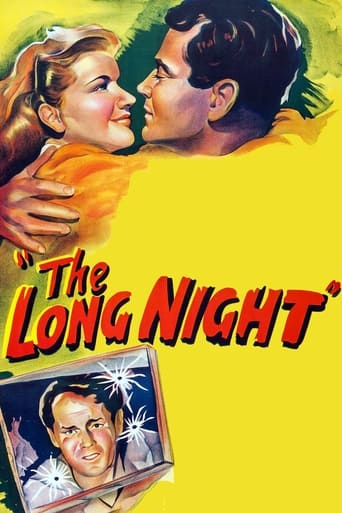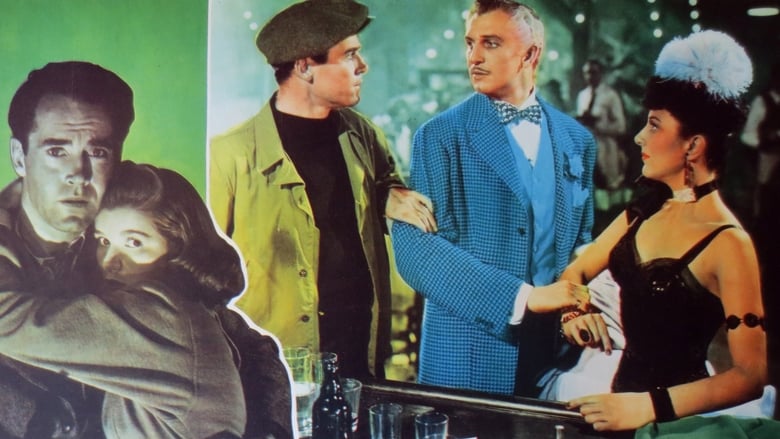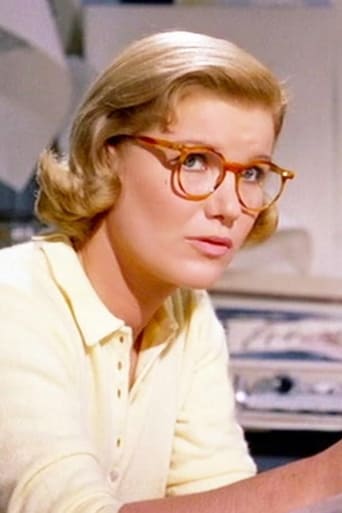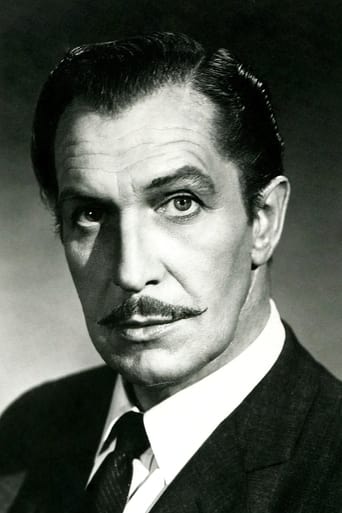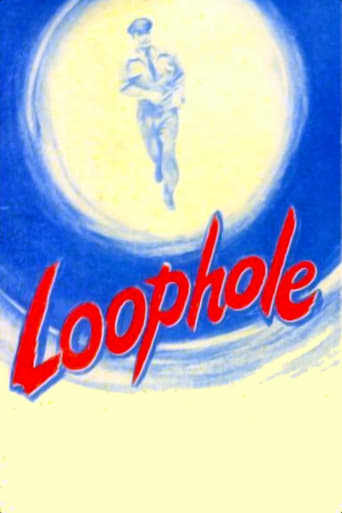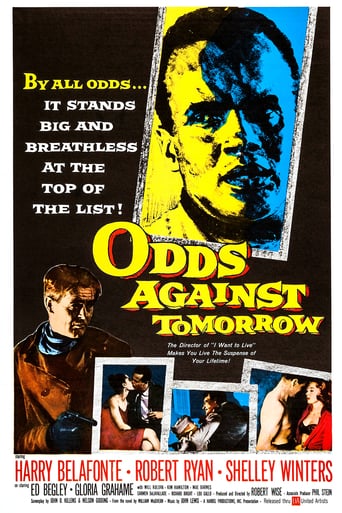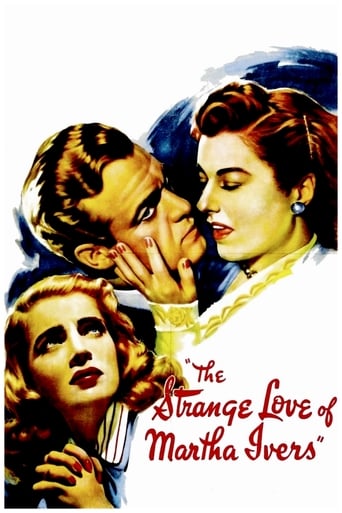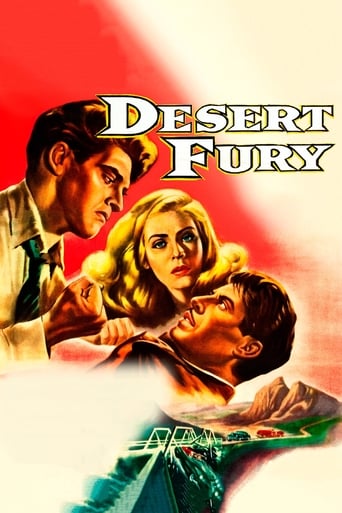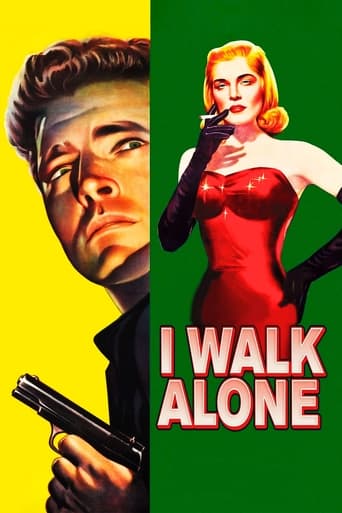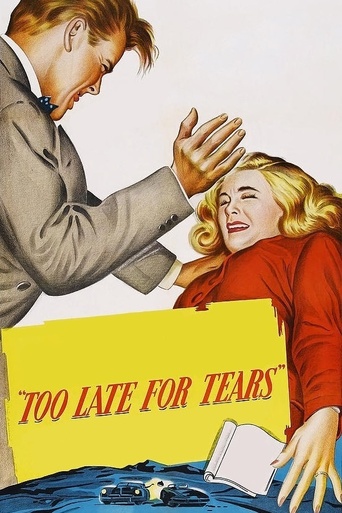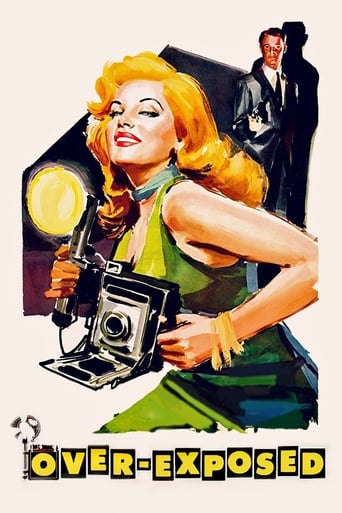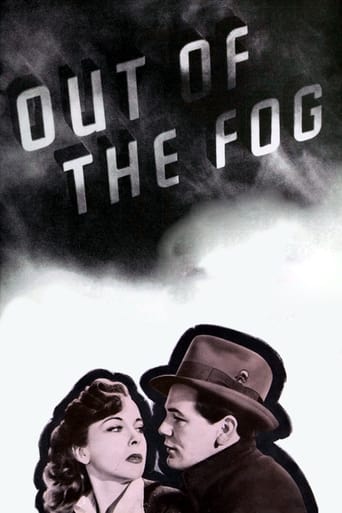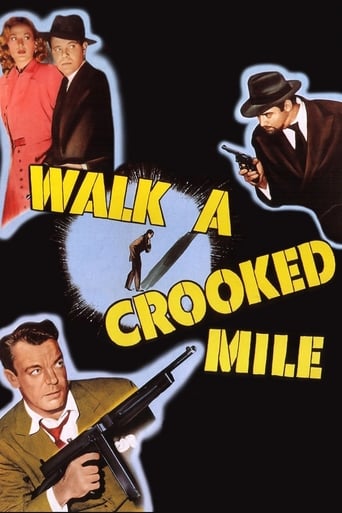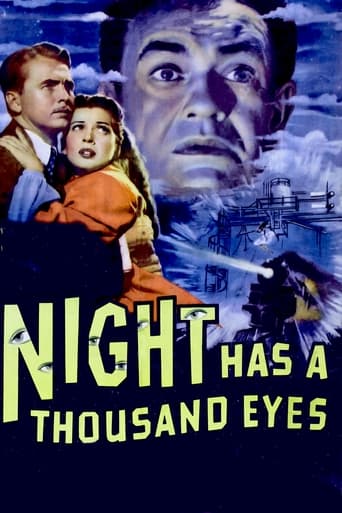The Long Night (1947)
City police surround a building, attempting to capture a suspected murderer. The suspect knows there is no escape but refuses to give in.
Watch Trailer
Cast


Similar titles
Reviews
How sad is this?
Great Film overall
A different way of telling a story
A film with more than the usual spoiler issues. Talking about it in any detail feels akin to handing you a gift-wrapped present and saying, "I hope you like it -- It's a thriller about a diabolical secret experiment."
Copyright 6 August 1947 by Select Productions, Inc. Released through RKO Radio Pictures. New York opening at the RKO Palace: 16 September 1947. U.S. release: 6 August 1947. Australian release: 26 February 1948. 8,902 feet. 99 minutes.SYNOPSIS: Joe Adams (Fonda) is a soldier just returned from wartime service, who returns to his small Pennsylvania town and has trouble adjusting to dull civilian life. He takes a job as a sandblaster and meets a pretty girl, Jo Ann (Barbara Bel Geddes) and soon falls in love with her. Both are orphans and sympathetic to each other's background. Complications arise when he learns that she had been seeing a suave magician, Maximilian (Vincent Price). Joe seeks out the magician's assistant, Charlene (Ann Dvorak), who warns him that Maximilian is a charming seducer. Maximilian visits Joe and claims to be Jo Ann's father and that he wishes Joe to stay away from her.NOTES: A re-make of the 1939 French film "Le Jour Se Leve" directed by Marcel Carné, with Jean Gabin, Jules Berry, Jacqueline Laurent and Arletty in the roles now played by Fonda, Price, Bel Geddes and Dvorak respectively. This marks the film debut of Miss Bel Geddes, daughter of famed stage designer/producer Norman Bel Geddes ("Dead End"), and star of numerous Broadway productions including Elia Kazan's enormously successful 1945 "Deep Are the Roots".Negative cost: around $2 million, all of which was lost when the film failed at the box-office.COMMENT: The public hated this movie. The critics likewise, all of us (including me) comparing it unfavorably to Le Jour Se Leve. A recent re-examination of this film shows that we were all more than a little hasty in dismissing it so glibly. In fact there's much to admire from Litvak's superb control of the teeming crowds of onlookers to Barbara Bel Geddes' luminous portrait of the too- romantic Jo Ann and Ann Dvorak's suitably cynical study of the disillusioned Charlene. Fonda is perhaps too up-market an actor to play a mill-worker adequately. Certainly he's too well-spoken and has far too sophisticated a presence for the rather naive hero of this story. You never get the feeling he is a real Joe, but just an actor, struggling to play the part. The same criticism can be applied to Vincent Price. A difficult role it's true, but his interpretation is just too mannered, too contrived, too artificial. Aside from these two key performances, however, everyone else is fine.Litvak, his photographer and set designer have really let themselves go with the Hakim Brothers' money. As a mood piece, "The Long Night" would be hard to equal. One major change that I like is Litvak's use of aggressive police and a huge chorus of onlookers who shout the hero their support. I also thought the heroine's struggle and eventual meeting was suspensefully and realistically constructed, leading to a satisfying, upbeat conclusion.OTHER VIEWS: "The night is long that never finds the day." This opening quote from Shakespeare's Macbeth failed to impress contemporary critics who likened this version most unfavorably to the original. Certainly Jules Berry's performance would be difficult to equal. Perhaps wisely, Vincent Price doesn't even try, acting on a superficial one-note throughout, but this does make it hard to accept the film as a whole, despite the radiant presence of Barbara Bel Geddes as the heroine, and Ann Dvorak giving one of her most impressive performances ever as the cynical Charlene. Henry Fonda is badly miscast. The role really called for a Gary Cooper or a James Stewart, someone who could portray the intensity of a simple common man with naive ideals. Fonda could do this later in his career, but here he is too mannered and artificial to be convincing. The director has more success in marshaling his vast crowds, using his famous signature crane shots to great effect. - JHR writing as George Addison.AVAILABLE on DVD through Kino. Quality rating: Ten out of ten.
I don't like remakes--and that is why I waited so long to watch "The Long Night". Originally it was a dandy French film ("Le Jour Se Leve") and I saw no reason to redo the film, as the original was quite good. And, after seeing it, I stick by my original opinion--there just wasn't a need to make this remake. However, I can understand why they made it, as folks in the States back in the 1940s did not watch foreign films--and when they saw this American version, it did seem original. But now with DVDs, Turner Classic Movies and Netflix, you should just stick with "Le Jour Se Leve".The film is a talky picture about a brooding guy (Henry Fonda), his sweetie-pie (Barbara Bel Geddes) and a completely bizarre blabber-mouth (Vincent Price). Fonda and Bel Geddes are in love but Price is determined to break them up--and push Fonda to the breaking point. The story is told through flashbacks and is similar to the Jean Gabin film--without the film noir camera-work and lighting. Also, the American version comes off as much talkier--much. All in all, not a terrible film at all--but not the 9 that the other film deserved when I rated it a couple years ago.
This is certainly an entertaining piece of film. It does have a bit of time getting to the point and Fonda's character is unyielding to a fault. Vincent Price has made the mistake of not only winning, but feeling the need to rub someone's face in it. He did seem a bit surprised when Fonda shot him. The movie is told in several flashbacks and works pretty well. Barbara Bel Geddes is pretty emotional. Why are movie guys so stuck in sacrificial mode. The guy had to know that the authorities had no choice but to arrest him and possibly shoot him. Unless his lower class status was so overwhelming, it seems he would have had a reasonable chance. Anyway, it's a tense little piece of entertainment. Cagney might have been better, but Fonda's big sad eyes fill the bill.
I can't believe I've been digging into movies for 45 years without ever finding this gem. It's about as noir as it gets, in my book (taking the great definition from one of the guys over at Rara-Avis that hardboiled = tough, while noir = screwed). Henry Fonda is quite astonishing in a role that takes him from average Joe to suicidal killer. I think it's one of his very best performances, and I'm a GREAT admirer of his other performances. Barbara Bel Geddes is mousy but real as the naïve young woman Fonda falls for. The only problem I had with the movie was Vincent Price's performance of an overwritten role. On one hand, it's exactly the kind of role Price normally excels in, but it's far too florid and phony for this kind of film. Watching his scenes with Fonda, it's like watching two movies at the same time--when the camera's on Price, it's "Forever Amber." When the camera's on Fonda, it's "Out of the Past." For the perfect version of this kind of pseudo-über-sophisticate in a noir setting, one need only look to Clifton Webb in "Laura." Webb made that character live and breath. Price orates. With his fey ways and foppish hairdo, he grated on my nerves. The character should very well do so in this film, but to me it was Price and the scripting of his character that were grating. But that's a mere cavil. This is a splendid film, digging as sort of an ancestor to "Blue Velvet" into the rot beneath the seemingly every day--the difference being that most of the people who populate the edges of this movie seem to be very decent and honorable. Anatole Litvak's direction and Sol Polito's brilliant photography surprised me in scene after scene with their classic yet innovative dark style. And crowning it all is Henry Fonda in yet another performance of a lifetime.

